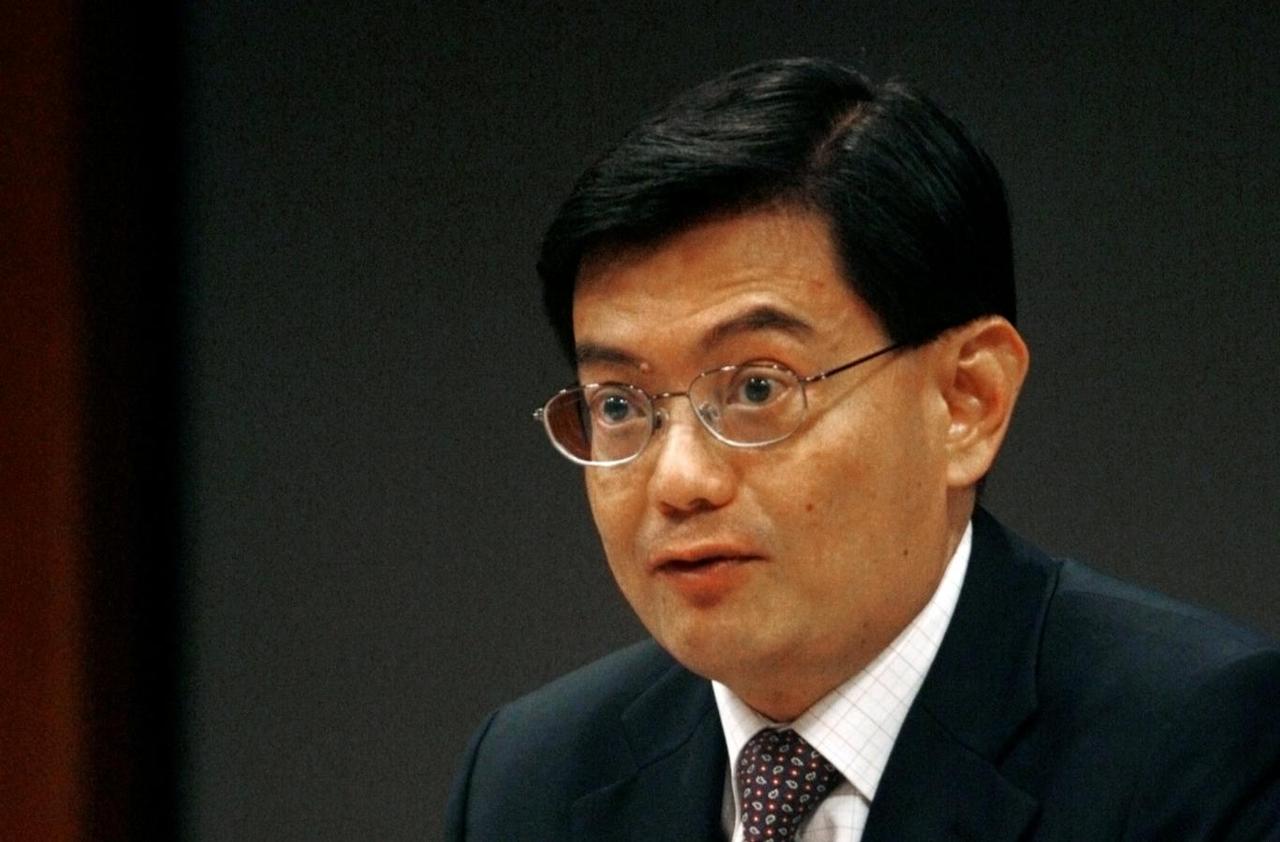Responding to a critical editorial in Zaobao, Finance Minister Heng Swee Keat published his own thoughts on the recent government lapses in the Straits Times. Under the bold headline “Singapore’s government has not gone slack”, he sets out a defence of the government’s response to recent incidents involving Singpost, SingHealth, and the Singapore Armed Forces (SAF).
In the article, the minister “rejects the suggestion by some that the political leadership has allowed the whole system to go slack.”
Overall, his rejection is one that I would agree with. A small sect of the online community has been tirelessly hurling vitriol at the government and its figureheads since time immemorial, but this phenomenon has grown after consecutive lapses in government-linked sectors.
A government is a massive human organisation. At any point in time, every day of the year, at least one person is going to be screwing up, somewhere, somehow. It’s the same in every sector; but in government, it matters, because it affects everybody. Several lapses do not a failed administration make.
In fact, some trolls are strawmanning the minister’s argument, as though he had merely produced the bland statement: “Government is fine.” In fact, what he said was that government needs to do better, but, noticeably, that “we should not routinely dismiss officials when things go wrong.”
This specific sentiment speaks to a larger attitude within the government: that calls for top officials to resign over their subordinates’ misdemeanors are unwarranted and unjustified. Mr Heng may have said of SMRT (even though this also applies to lapses at large), “We are not yet where we want to be.” But neither does the government feel that barking at top dogs is not the way to get there.
When, then, should an official be dismissed?
“When lapses shows that the leader has been slack, negligent, or incompetent, serious consequences must follow”, answered Mr. Heng. Clearly, the government’s view is that a case for dismissal can only be made upon evidence of clear fault from the office-holder. Barring this, we should instead focus on “resolving the problem at the root”.
This is where the error in his comments lies.
If we apply an approach to the situation that is strictly logical, of course no replacement of senior leadership is needed. They have decided the protocols; it is simply their underlings who have refused to follow it. The case of adequate protocols but unheeding subordinates is something that the SAF safety incidents, SingHealth data breach, and Postman Pat mail dump all share.

An organisation’s work culture is dependant on the individuals, yes, but it trickles down from the attitudes, restrictions and expectations set by the top officials. Despite this, the chain of cause-and-effect described in every Committee of Inquiry (COI) report, the ‘root cause’ ends simply with the officer responsible for failing to follow protocols.
It does not describe the work environment, the management philosophy, the interpersonal relationships in the office. It cannot detail the day-to-day occurrences and idiosyncrasies of the work environment that make up that elusive term, ‘culture’. Yet the petri-dish of human interaction that is the work office is something which is cultivated and controlled by that lead scientist, the chairman. An organisation’s size does not absolve the Top Men of their responsibility to ensure a productive working culture that, as is the job of government, ensures the country’s gears keep turning.
In effect, we feel that simply calling to ‘change the culture’ without switching out the steward of that culture, the CEO, is but an empty promise and a sign of ‘business as usual’. Many statutory boards and other government-linked organisations have long been helmed by our so-called paper generals, resulting in public disdain for these officials who they do not even trust in the first place.
Mr Heng fails to see that the calls for resignation are not solely borne out of a slobbering, slack-jawed desire for vengeance and blood. Rather, this fringe lunacy is being used by himself, and other members of government, knowingly or unknowingly, to strawman a deeper grudge held by the general populous. We feel that business as usual in the organs of government is not acceptable, especially given these lapses, and that for trust to be restored, changes to these officials must occur publicly.
For the culture to become healthier, a proper search must be done for a CEO or chairman who fits the role, instead of simply snagging the first government-linked person who becomes available.
For Mr Heng, reason dictates that the head officials should not be fired for the lapses of their subordinates. He fails to see, however, that in some cases, this is an essential step to regaining public trust and improving the organisational culture. It may be unfair to the individual in question, but the importance of smooth-functioning government institutions outweighs these considerations; sacrifice the interests of the individual to preserve the whole.
As Mr Heng himself said, “If we become complacent, we are finished.”






